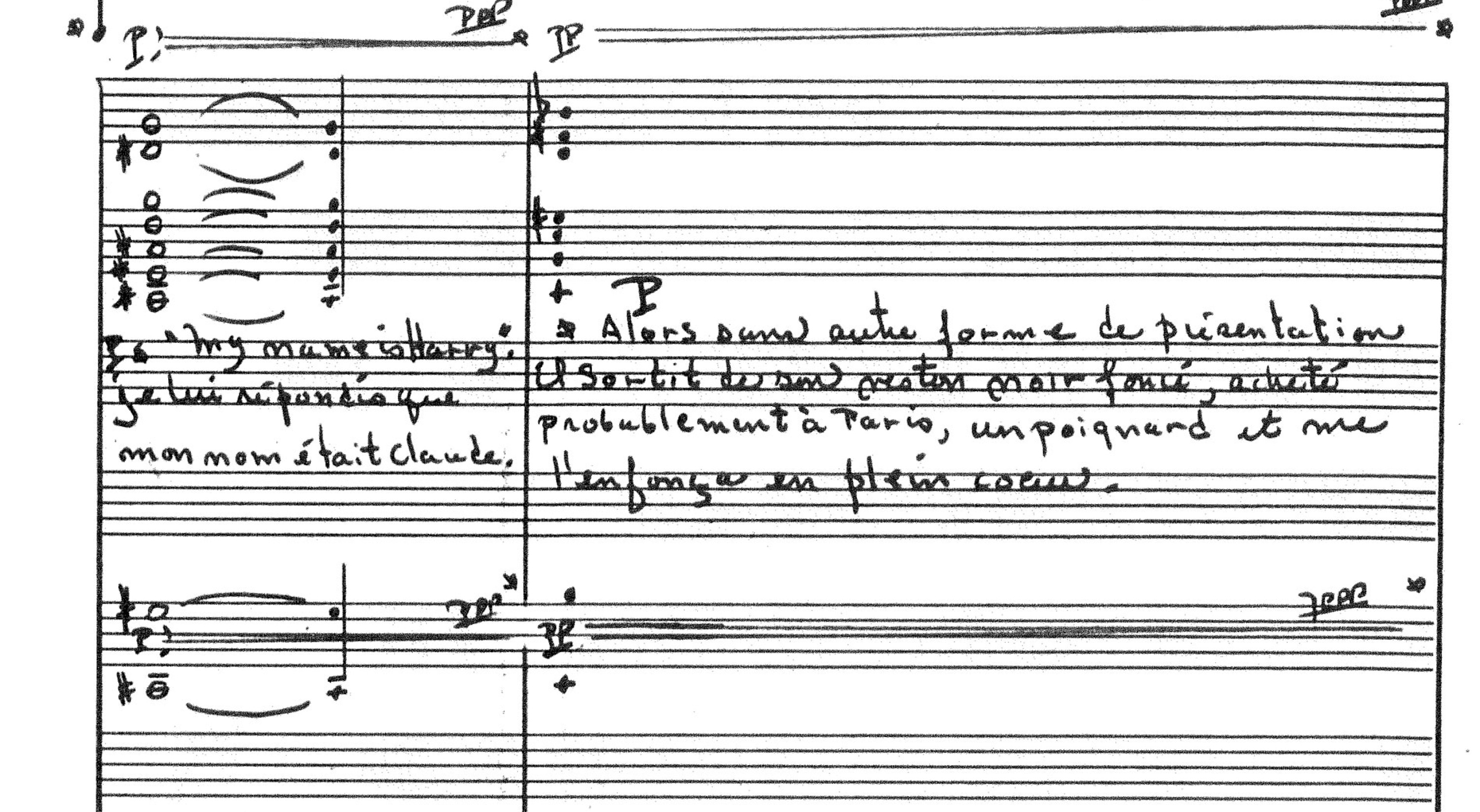Claude Vivier Gérard Grisey
Claude Vivier: Glaubst Du an die Unsterblichkeit der Seele?; Cinq Chansons for percussion; Jesus erbarme dich for a cappella choir
Gérard Grisey: Quatre Chants pour franchir le seuil for soprano and 15 musicians
Melody Louledjian, soprano
Chœur Solistes XXI, Stéphane Grapperon, conductor
Ensemble intercontemporain
Michael Wendeberg, conductor
Thierry Coduys, sound engineer
Coproduction: Philharmonie de Paris; Festival d’Automne à Paris
With support from the Ernst von Siemens Foundation for Music
With support from the Canadian Cultural Centre in Paris
With support from SACEM
Concert recorded by France Musique (Radio France)
“Do you believe in the immortality of the soul?” The question is asked by Claude Vivier. The concert program features two final works driven by the experience of being on the threshold of existence, and with magnificent, shimmering timbres. The works go back and forth, from mobile to static, expanding time and compressing time, one claimed as disaster, the other as “the dawning of a human race finally delivered from nightmares.”
Separating the two works that stand as final testaments, are Vivier’s Cinq Chansons for percussion: one song for each part of the day (morning, midday, afternoon, evening and night), developing around a few sounds, giving rise to a gentle tune, singing the praises of the sun, meditating on life and surrendering to dreams.
––––––
Concert: 1h15 plus intermission
